Changes in Latitudes, Changes in Attitudes
In each of my meetings I like to ask local experts what changed in Brazil to spur its growth in Foreign Direct Investment. Based on the diverse array of industry and private sector leaders with whom I've met, I expected a diverse array of responses. Yet, within this diversity of answers was a common theme - a change in the national attitude.
It's estimated that 39 million Brazilians joined the middle class in the last 10 years. Last year's Eisenhower Fellow to Brazil and Chancellor of Rutgers University, Wendell Pritchett, mentioned that on all of his flights within Brazil, on each plane he was seated next to someone who had never flown before. This class movement, of a portion of the country larger than the entire population of Canada, has had a profound impact on the national psyche. One official described not being able to get a telephone without standing in line for hours in 1995, but in 1999, his maid had a cellphone. A Brazilian lawyer described it as follows. Brazilians began moving out of poverty. They looked around and said I have better clothes, more food, a nicer home with a tv. I also pay more taxes but outside my house nothing has changed. Roads are bad. Schools are bad. Healthcare is bad. As a result, the people began to demand more from government. This is in part a cause of the recent protests in Brazil. The people began to change their attitude about what their country needs and began to demand it.
As part of demanding more results from government, the people also began to demand less corruption. Foreign executives and foreign diplomats both cited significant improvements in this area. The US Commercial Service in Rio went so far as to say that, as far as those in my meeting were aware, they had not had any reports by US companies of bribery requests in the last decade. Many individuals also credited foreign anti-corruption laws with helping the situation in Brazil. Brazilians know that foreigners can have significant costs and/or criminal penalties at home for paying bribes in Brazil, and so Brazilian officials simply stopped asking foreign companies to participate in corruption. The Brazilian government also yielded to public pressure (and perhaps international peer pressure) and has a new anti-corruption law pending that could even force the dissolution of a Brazilian company if its employees engage in bribery.
With this demand for better government, and better infrastructure in particular, seemed to come another attitude shift -- if Brazil couldn't get these improvements at home, they should look abroad. I was surprised to learn about Decision Rio. Decision Rio is a project of FIRJAN (the Federation of Industries in Rio). Essentially all major projects for the next 3 years are posted for any interested party, domestic or foreign, to bid and participate in their development. Seehttp://www.firjan.org.br/main.jsp?lumPageId=2C908CEC32686D3D01326EBA0FEF52DD. By going to the website interested parties can learn about the project and even see it via links on Google Earth. I was surprised to learn that not only is there no public outcry over the use of foreign companies on these major infrastructure projects, it's welcome. Perhaps our preference for "made in America" actually stifles our growth since ultimately the better the infrastructure project the better able it is to propel the local economy forward - regardless of the nationality of the provider. That has been the attitude in Brazil, and it seems to be working.
Overall, a decrease in corruption, improvements in infrastructure and the huge movement out of poverty have had profound effects on the overall economy in Brazil, and on FDI. As I reflect on what we could learn from this in Philadelphia, I note that we have our own Flavellas (impoverished areas), but do we do enough to try and get those individuals out of poverty? Are we comfortable enough to seek the best infrastructure regardless of the country of origin? Do we take corruption in our own public sector seriously enough? As Brazil has demonstrated, a change in these attitudes can have a profound change in one's economic "latitude".
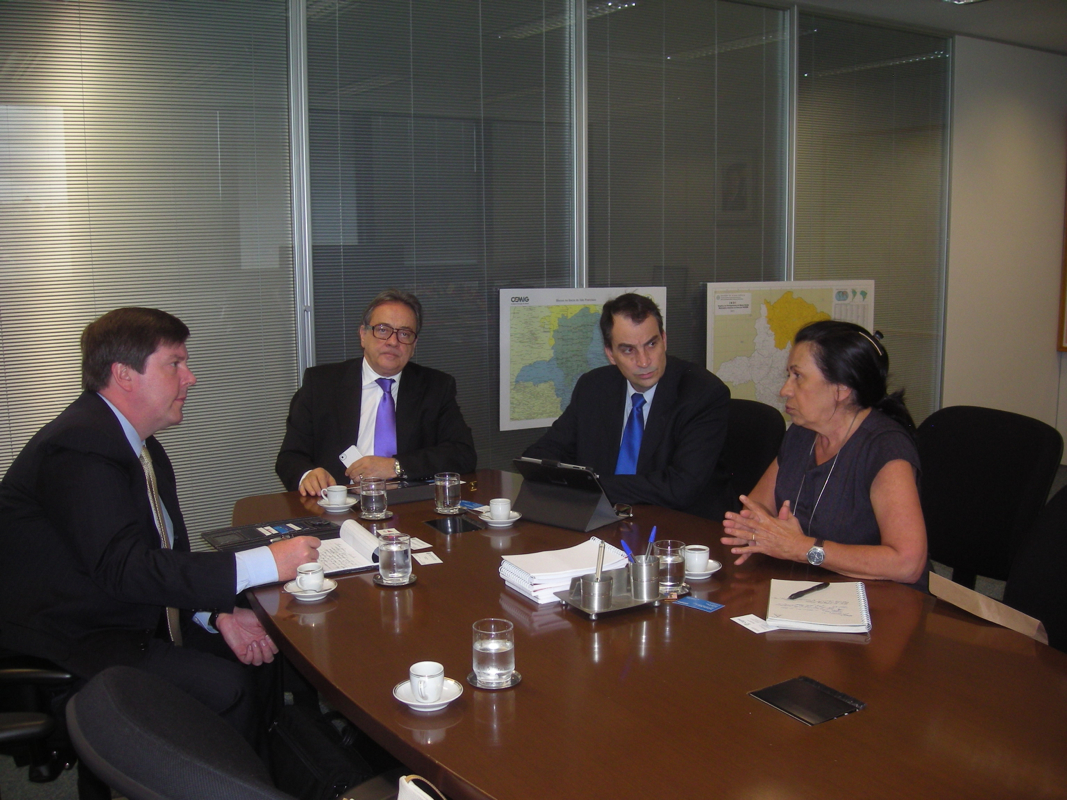
Meeting with Dilson Dalpiaz (Director of Instituto De Desenvolvimento Integrado - Investment Promotion Agency), Antonio Eduardo Leite (State Deputy Secretary) and Dorthea Werneck (State Secretary for Economic Development) in Minas Gerais
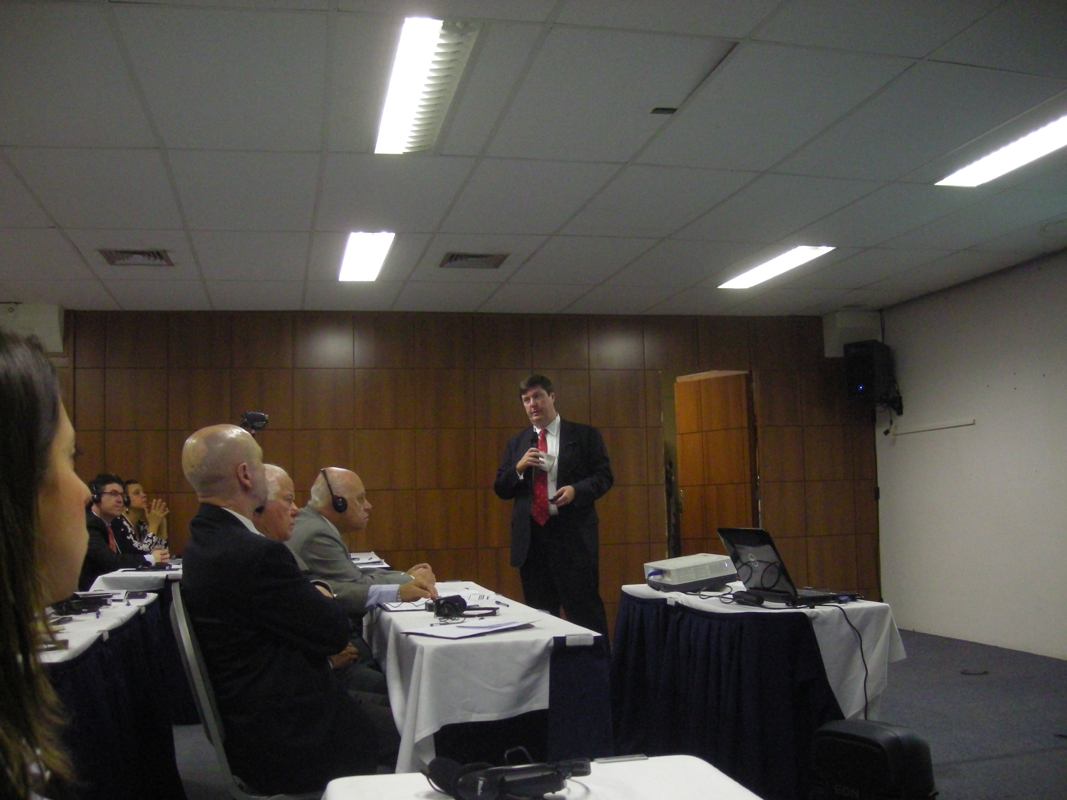
Presentation to the American Chamber of Commerce and Association of Hospitals of Minas Gerais
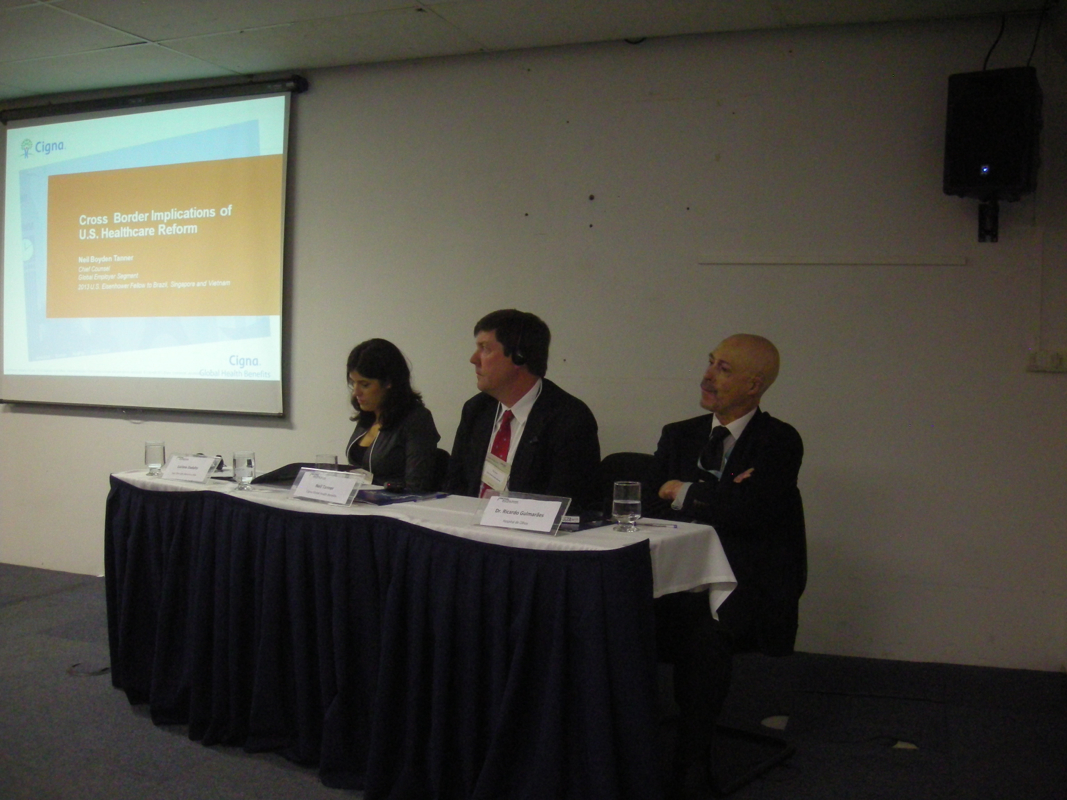
With fellow panelists including internationally renown Dr. Guimaraes, CEO of Medical City
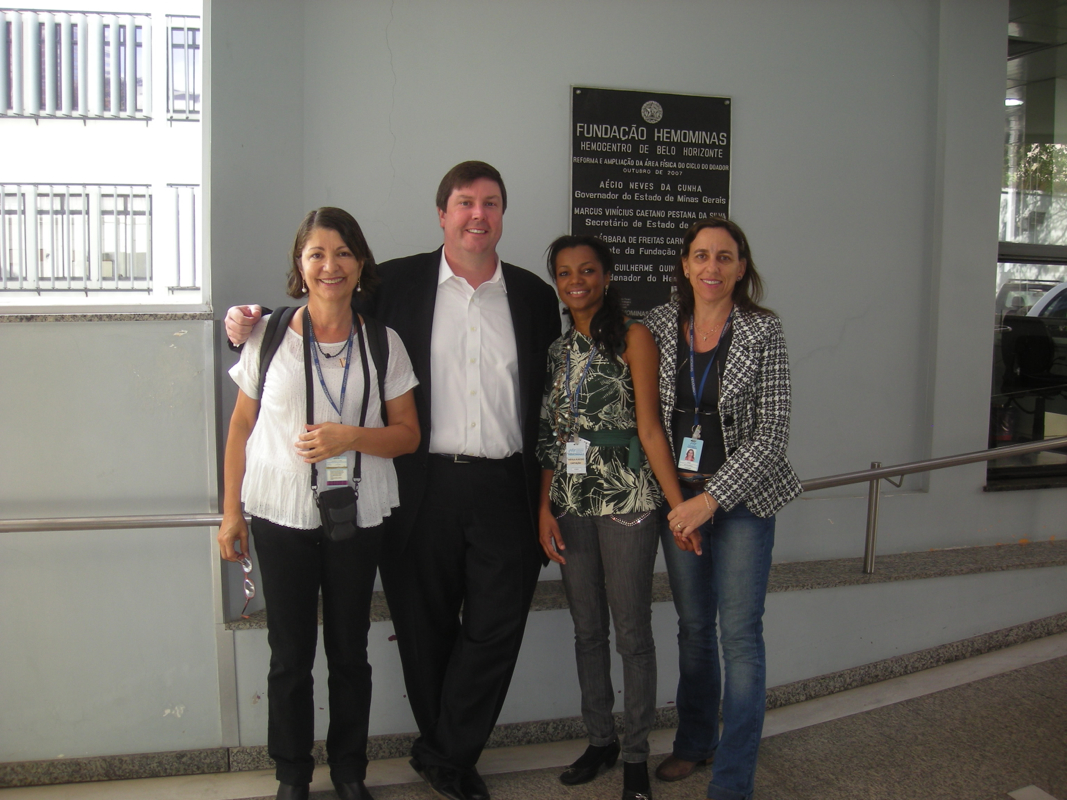
With members of Hermominas (state blood bank) including former President and Eisenhower Fellow Anna Barbara Proietti (on my right) in front of the plaque dedicated to her years of service.
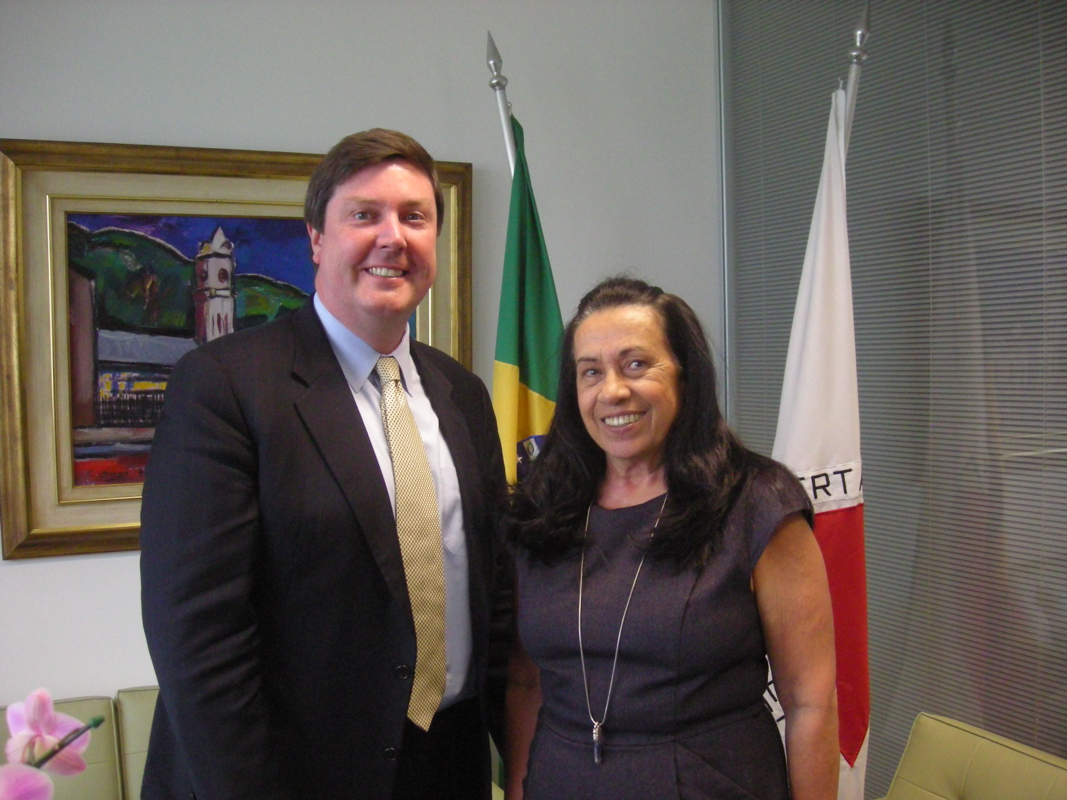
With Secretary Werneck
Silence in Work
I had a number of amazing meetings over the last week in Brasilia and Belo Horizonte. As with past meetings we discussed what types of FDI efforts work, and wherein we both have challenges, but this week an interesting theme emerged. As in the past the conversation turned to "brand" (of the country of Brazil as well as states and cities, along with that of the US, Pennsylvania and Philadelphia) but this time we gradually found ourselves looking into our cultures and those aspects of our persona that have perhaps limited our brands from developing their full potential.
A State Secretary in Minas Gerais (a very successful Brazilian state roughly the size of France) kicked off this discussion with a quote, "silence in work". It is an expression in Minas Gerais that she said summarizes their character. You keep your head down and do your work well but don't brag about it. The Secretary was concerned hat this attitude was stifling their advancement. We discussed how this attitude likely came from their roots as a mining state (Minas Gerais means General Mines and was the home of the Brazilian gold rush and to this day produces large quantities of topaz, aquamarine and emeralds). I was immediately reminded of some past theories that surmised that Philadelphia's Quaker roots and the Quaker belief in humility and hard work were the reasons for many of its modern successes and failures. The similarities didn't end there. Minas had a historical capital (Ouro Preto) that was one time larger than NYC but today is more known for its historical buildings. In the north of the state they have what is thought to be the largest shale gas reserve in South America. Sounding familiar? The commonalities went on and on.
When the State Secretary took office, she felt the first thing she had to do was change that emphasis on silence. As a result, her first action was to have a video made (with no speaking but only print over video so it could easily and cheaply be updated and translated) and she put it on YouTube. They also distribute copies when they meet with potential investors or foreign government officials etc. A copy is available here: http://youtu.be/lzaJzXvXRSY. She insisted that there be nothing historical in the video, but rather that it focus on current day achievements. There are many. 65% of all Brazilian exports are from this state, but they also have a thriving life science sector (including the only Biotech platform in Brazil) and outstanding educational institutions including 5 of the 10 best universities in Brazil and a business school the Financial Times named in the top 10 in the world.
We talked about the struggles our regions share from having multiple organizations attracting FDI and the Secretary acknowledged that she no longer shares any information locally until the last possible minute because they have lost too many opportunities because over zealous local politicians "couldn't keep their mouth shut". I don't know that this would be an improvement for our region, but she felt strongly it was important to their success in attracting FDI to have it centralized at that level, only bringing in the locality at the last minute.
The next area they worked on were materials for all sectors they wanted to attract - packages of statistics and information any potential would want to know specific to their industry when considering Minas Gerais. The government then set parameters for what they wanted, and what they were willing to do to get it, and started to say "go" to some investors if they didn't see value in an opportunity for their state. This is not something done easily, but they continue to beleve that they required discipline to attract the right FDI and to build their brand effectively.
As I've mentioned in prior postings, in the last decade, major multinationals have recognized that perhaps the best way to build one's brand is by significantly pleasing current customers. Most customers are neutral, some will promote your brand if particularly pleased, and some will detract from a brand if displeased. Unfortunately these displeased individuals are more like to publicly detract than the promoters are to attract, and they can be more powerful. Yet when one builds a cadre of promoters, it's incredibly powerful - think Apple, Amazon or viral videos.
I made a realization over this week, particularly emphasized in a discussion with a high ranking member of the US embassy in Brasilia, that regions and even nations are still stuck in old fashion brand promotion. They have not made the transition that large business has to focusing on existing "customers". In meeting with this foreign service officer I learned that there are nearly 15,000 Brazilians in the US on a special government scholarship provided they go to a designated school. Philadelphia was a huge winner among the handful of schools selected with not 1 but 3 schools on the approved list (Drexel, Temple and Penn). I had to admit that as a Philadelphian active in the international community, even I had no idea. I was asked if I'd heard of any special receptions or recognition of these scholars. I had not and fear we may be losing an opportunity to move some neutral or passive promoters of Philadelphia to be active promoters of our region. That said, it's more than just grad students, major companies in the US are now owned by Brazilian companies (e.g.AmBev and Swift meats) but are we wooing them? How many Philadelphians know we have a Brazilian population in the northeast big enough to support a local churrasceria and Brazilian bakery among other businesses? Of the Brazilian professionals and students in Philadelphia (or those of any nationality) how much of our FDI work is spent making sure the current investors are not merely satisfied but are active promoters of our region. Perhaps we need to shift some of our focus from keeping our heads down and working to get FDI, to looking at what we have done, singing our own praises and using those as opportunities to create exponentially more promoters of the Philadelphia region. In other words, rather than showing silence in work or Quaker humility, perhaps we need to be loud and proud.
The Brazil FDI Story – Focus and Connections I had really been looking forward to meeting with Apex Brazil, the Brazilian Trade and Investment Promotion Agency, since reading an article on FDI published by the World Bank in which Apex was rated among the top agencies in the world. They were even cited as an example of how countries should operate in attracting FDI. I recall that one of the simplest lessons in that article was that when the World Bank pretended to be a company looking to invest in certain countries and would cold-call them, time and again Apex was one of the best worldwide at answering the call promptly, getting the information requested for the “client” and returning telephone calls. In other words, they had distinguished themselves by nailing the basics. So I was curious in our meeting if I would learn that there was more to it then mere attentiveness and follow-through. There was – Focus and Connections. My first surprise was the level of focus within Apex. They are not just generally trying to attract any foreign direct investment, but rather have chosen 5 industries that either (a) were already in Brazil and were critical to its future success, or (b) that were of strategic value to the country and in which it had little or no experience and domestic production. If other opportunities come along, they do what they can to help but do not apply the same level of resources, and in most cases will pass them along to local governments. For the key industries, however, the process is different and much more intense. Those industries are Oil & Gas, Renewable Energy, Semi-conductors, Automotive and Aerospace. They also have a focus on Real Estate development, R&D (particularly IT) and Infrastructure projects (a key reason the World Cup and Olympics were so important to Brazil). Renewable energy struck me as a little ironic since it seemed to contradict the oil and gas industry promotion, but I was then surprised to learn that Brazil already has nearly 70% of its electricity was hydro electric. In addition to hydro electric power, they are apparently well situated for the wind energy industry as well. This focus permeates all that Apex does, or chooses not to do. As mentioned, when a foreign company not in one of these industries and not a major multinational wants to enter Brazil and contacts Apex, Apex helps them but primarily in getting to the right state’s agency to assist. Another example is in Apex’s own international expansion. Apex has long had an office in Miami (primarily of historic importance in providing a landing for Brazilian companies hoping to export to the US) but is about to launch it’s second US office. It didn’t choose any of the 5 largest cities in the U.S., but rather chose San Francisco. Why? San Francisco provided a location close to Silicon Valley for IT and R&D, it has a large oil & gas presence, and it has a significant venture capital community that Brazil hopes to attract to propel their domestic businesses. When Brazil went around the world listing their offices, it was impressive that in many cases they did not just choose the “big name” city, but rather the one that made sense for them. Most countries of the world look at FDI in terms of how to attract foreign companies to expand in their region. Apex goes further and looks at how they can get foreign capital to invest in Brazilian companies. They have numerous programs to effect this including: - ABVCAP – a group that tries to get foreign venture capitalists to invest in Brazilian companies - Brain Brazil – a group that promotes the Brazilian capital markets - Start Up Brazil – a group that supports (with grants) start up companies and entrepreneurs (mostly in IT) in Brazil, regardless of whether they are foreign or domestic - Investment Rounds –organizing events where companies can pitch for funds from foreign investors who are brought in for the event by Apex These attempts to bring capital to Brazil really set it apart from what I have seen elsewhere. The Philadelphia region has volunteer/civic organizations like the Mid Atlantic Venture Conference who try and bring in venture capitalists to feature local companies, but this is not as diversified as the efforts of Brazil, nor does it have the imprimatur that a quasi governmental program has. It is simply a different thing to have a major government ask a VC firm to participate in a government-led program featuring the best local companies versus a VC lawyer calling a firm in NYC and asking them to come to Philadelphia. A key second aspect of this attempt to bring capital to Brazil is that they invest in connections –in relationships with these potential investors. They don’t simply cold call with an opportunity. As mentioned, they are even setting up an office in a city for representatives to regularly meet with local VCs so that they already know them well when these opportunities arise. How many of these San Francisco VCs that are attracted to Brazil have we ever attracted to Philadelphia? Many have made local investments in companies in the Philadelphia region, but arguably most of those (if not all) were without any significant attempt to attract them to the area in general. Another example of how Brazil has benefitted from connections is their relationship with the International Finance Corporation (IFC). Apex knew they did not have all the skills to necessarily make Apex a success, nor did they have the resources to gather them. So instead, they reached out to someone who did – the International Finance Corporation (IFC). The IFC was engaged by Apex to evaluate their program, make recommendations and do customized training programs to make them “best in class”. This partnership seems to have paid off in many ways. In addition to help make Apex a top FDI attracting agency, the IFC also announced a $2 billion investment in Brazil earlier today. To build these connections, however, Apex pointed out that one must have a global brand. The importance of building Brazil’s brand has been highlighted in all meetings so far. It’s interesting how they must overcome images of poverty and crime in Rio just like Philadelphia must overcome similar images in North Philadelphia. I had one person tell me the other day that his image of Philadelphia was from the “Fresh Prince of Bel-Air”. Think about that. His entire image of the city was that it was the place that Will Smith had to leave because of drugs and violence to “escape” to Bel-Air. Those of us who live in the City know that there are some neighborhoods that with these challenges, but that is not a representation of our great city. It’s beautiful, clean, full of parks, museums, major companies etc., and so too, are cities in Brazil. One interesting way to address this was Apex negotiated with major department stores around the world (Macy’s in New York City, Galleries Lafayette in Paris etc.) and created a section of the store called “Brand Brazil” featuring all products from Brazil. Imagine if we had Phab Philly Phinds or something in Takashimaya in Tokyo, Shanghai Tang in Shanghai, Lotte in Seoul, or for that matter Nordstroms in Seattle or Neiman Marcus in Dallas etc. Brazil needed to be more than rainforests and poverty, and Philadelphia needs to be more than cheese steaks and crime. We both know these are not the reality, but if it’s the international perception then what’s the difference. It’s for this reason that Brazil wanted to take on the World Cup and Olympics. These endeavors have some side benefits in terms of infrastructure (and some criticize not as many benefits in the way of infrastructure improvements as they should) but these are primarily about putting Brazil on the world map. Whether that backfires due to the public backlash at the level of spending remains to be seen, but if successful, Brazil could elevate themselves as a global brand, while at the same time improving large parts of their cities. As a closing aside, I had hoped to learn more about how FDI in Brazil was handled in light of the multiple layers of government all vying for the same dollars and even on occasion in competition with one another. It was clear they suffer from some of our challenges – parochialism, competitiveness among regions, a lack of coordination etc. Luckily for them, Apex is at least someone removed from the politics of funding and budgets. So while it’s unfortunate I didn’t learn great ways to break down the challenges when many are fighting for the same funding to promote FDI, a key lesson I did learn in this area was the importance of removing politics from the equation. APEX is not a part of a department of the government, but rather is only loosely affiliated with the Ministry of Development, Industry and Foreign Trade. It is actually a quasi-governmental entity that gets all of its funding from an independent source. When APEX was founded they decided to fund it (along with a handful of other quasi governmental agencies) from a 3-5% payroll tax on all companies. Those funds are dedicated to APEX (and the other agencies) so it does not need to fight each year for a share of funding. This freedom from politics allows Apex to focus on what is important, and build connections without the influence of politics directing where and how to build those relationships. So does Apex have challenges? Absolutely, but perhaps if the Philadelphia region could focus on building connections with Brazil, that same focus on connections could similarly benefit us. [Special shout out to USAIRWAYS, the Mayor’s Office and Philadelphia International Airport for scheduling the launch of direct flights between Philadelphia and Sao Paulo in October, 2014 – a key first step to building those connections.]
Streamlining Government - Lessons from São Paulo
One of the reasons I had wanted to look at Brazil and how they handle FDI, is because they share some interesting characteristics of the American bureaucracy. Brazil is also a union of states with federal, state and local systems of government. They have multiple systems of government all focused on attracting FDI. When I described the situation in the Greater Philadelphia region - the federal government, 3 states, multiple counties, and nonprofit/quasi governmental organizations working to attract FDI - one reaction from a Brazilian official was "[w]ow, you could have been describing São Paulo."
São Paulo is a state and a city. Within this state there are 3 large cities all situated fairly close to one another - São Paulo (city), Santos and Campinas. SP has 39 counties, Santos has 14 counties, and Campinas has 19 counties. Collectively they represent more than 50% of the state's GDP and 20% of the country's.
Over the years, the Greater Philadelphia region has had a number of attempts at coordinating its diverse efforts at attracting FDI, with mixed degrees of success, so I was curious how São Paulo handled these challenges in light of those many governments all vying for the same FDI dollars. The answer was that they too haven't figured it out - yet - but they are about to launch the Mega Metropolis Project (MMP).
The MMP is an attempt to bring leaders from each of these governments, as well as representatives of the private sector, in a public private partnership that will operate as a committee to oversee certain projects that will benefit the region in attracting FDI or in bringing other regional benefits. It's early to tell whether or to what extent this project will work, but it may form a model for concentrating the efforts of the greater Philadelphia region on attracting FDI. An offer was also made to start a Philadelphia/Sao Paulo forum to discuss cooperation among layers of government to manage and focus projects for the betterment of the entire area. Hopefully the Macro Metropolis Project will be a huge success and one The Greater Philadelphia region can emulate.
The Power of the Private Sector
Vietnam and the United States normalized diplomatic relations, and the United States lifted its trade embargo on Vietnam, less than 20 years ago. As recently as 2006, the United States labeled Vietnam a “country of concern” and Vietnam had laws that treated foreign investments differently from those of domestic investments. It’s only been 6 years since Vietnam acceded to the World Trade Organization. Yet, despite all of that, I’m sitting here in Saigon writing this blog in a mall area that includes Polo Ralph Lauren, Kentucky Fried Chicken and Pizza Hut. American companies are major forces in Vietnam's fish food industry (and raising fish is one of the largest businesses in Vietnam), the drinks market (Coke and Pepsi are everywhere) and hi-tech manufacturing (Intel has major manufacturing operations here among others). Citibank ATMs are among the most common, and the entire Southern part of Saigon was conceived and constructed by a foreign company. So how has Vietnam come so far in attracting Foreign Direct Investment (FDI)?
I had expected to be writing an entry similar to my Singapore entries about how the government operates in attracting FDI, including hopefully some great ideas we could utilize in attracting investment to the Philadelphia area. The reality, however, is that Vietnam’s government is appropriately focused on the basics, like improving their legal system, building infrastructure and educating the citizenry. One official with whom I met told me proudly how the average income per person in Vietnam is now nearly US $1,600 (although my research indicates it’s closer to USD $2,200). I’m sure the Americans reading this blog cannot imagine living on that kind of wage, yet here it is a symbol of pride and evidence of how far they have come. So with such critical needs, one can understand how Vietnam’s governmental FDI efforts are not what I experienced in Singapore, however, Vietnam has still experienced phenomenal FDI growth.
There are absolutely some fundamental economic factors that caused Vietnam's FDI growth – the opening of Vietnam to trade and the release of pent-up demand, the fact that they started so far behind meant even small increases were large percentage increases, the fact that they have one of the world’s largest populations under the age of 40, and that it’s a very low labor cost jurisdiction. – but that would be too dismissive of the complete picture of what occurred in Vietnam. When one looks closer and talks to government officials and companies that have entered the market, a key additional factor starts to emerge -- the private sector was a driving force in Vietnam’s development.
It was a Taiwanese company that first approached Vietnam nearly 20 years ago to discuss creating a new part of the city of Saigon that utilized urban planning techniques to alleviate some of the challenges in this highly populated city with, at the time, little major business. It was this community (together with government tax breaks) that helped attract numerous companies to Vietnam. So while this one foreign investment started a movement, the movement also fed upon itselt. This developer in south Saigon talked about how they developed an area intending that foreigners would move in because of the style of housing and amenities. While that happened, she also explained that a big surprise was how one Korean company would move in to the area, and then another, and all the Koreans would want to live in the same area, and then restaurants from Korea opened in the area, and so they created a Korean school and then more Korean companies moved in etc. That may sound like a nice little story, but in fact this didn’t happen once but multiple times among many nationalities. In that same area, there is now a Korean School, a Taiwanese School, a Japanese School, an American School including also a European International Baccalaureate program. I also heard from multiple individuals that because of the good experience of X company, they decided to try the market. Ultimately, however, no company with whom I spoke credited the government or any particular program. Each independently chose Vietnam for other reasons, but also in each case, the fact that other companies reported positive experiences was a key reason to choose Vietnam. Moreover, this experience cut both ways. One person I met pointed out that you do not see many Indian companies in Vietnam. He explained that this was because allegedly Tata had a very bad experience in Vietnam, and therefore other Indian companies were loathe to enter the market. Thus, the power of reputation and experience, not government assistance, seems to have proven a powerful driver in the case of Vietnam.
The private sector also seems to have been (and continues to be the) driving force behind reforms to Vietnam’s legal system that many individuals pointed out have been key to increasing foreign direct investment. These would include things like the need to crack down on corruption, improve intellectual property protection etc. One former government official in charge of attracting FDI pointed out how Vietnam says the right things and seems to be succeeding at attracting FDI, but that the central government actually has no clear policy to attract FDI. In his words, “[i]f it’s so important, show us the policy and efforts that sit behind trying to attract FDI – there are none.” So he, and others in the private sector, continue to push for the types of reforms that at the end of the day result in a promoting FDI, even if not the result of a specific policy. One company representative I met even criticized the few trade promotion materials the government does have – saying they were too wordy and not helpful. At the end of the day, he felt the government spends too much time building buildings and not enough time building roads or doing things that would help attract foreign investment. He also makes this point to the governement, and again, is another attempt by the private sector to influence the government to act in ways that promote FDI.
So how is FDI promotion happening in Vietnam? It is happening somewhat by the Federal government, but perhaps even more so at the provincial level with provinces engaging in their own activities and even independent trade missions to try and attract investment. The most concrete examples I received, however, were from the private sector. I met a large investment fund that regularly goes to the U.S. to find investors willing to invest in Vietnam. I met with major global companies that tout the benefits of being in Vietnam both as a site for production but also as a major market in which to sell goods. I met multiple lawyers, and in fact was concerned I was meeting too many. In fact, I learned that lawyers in Vietnam are often the first stop for foreign companies considering entering the country. They are an integral part in helping these companies enter the market, but also in pushing for changes in the law to promote FDI. They are also adept at helping foreign companies obtain licenses without having to make corrupt payments. It is these lawyers who pushed for WTO accession and now hopefully participation in the Trans-Pacific Partnership. It is also these lawyers who have been pushing for enforcement of Vietnam’s international treaty obligations and seeking higher standards for intellectual property protection. In addition to businesses and the legal profession, there are also quasi governmental non-profit organizations like the Vietnam Chamber of Commerce and the Vietnamese Business Forum that push for change. Perhaps the most illustrative example of the changes occurring in government due to the force of the private sector is that the National Assembly now includes members of the business community who are not members of the Communist Party and yet who were elected over their Communist Party competition. Ten years ago this would have been unthinkable. So as I reflect on my time in Vietnam, I am not disappointed in what the government has done to attract FDI, but am instead impressed with what the private sector has accomplished. The power of the private sector is alive and well in the Socialist Republic of Vietnam, and if it can thrive and impact society here, imagine what it can do in a democratic republic.
Next stop, Brazil in July...
Singapore and FDI – attitude makes all the difference.
While in Singapore I have met with executives from Blackstone, Cigna, Fortis, GSK, ISOS, MasterCard, MHCAsia and others. Uniformly, these executives talked about the approach of the Singaporean government – the attitude – as being a critical part of the reason they chose to locate in Singapore. This “attitude” is pervasive, but seems to have particularly reflected itself at three different times during the market-entry process – the approach, the market entry and the follow-up.
On the approach, it was very interesting to learn that the government of Singapore often does not make the first approach to a potential multinational company. Instead, they go to a major multinational company in a related field already in Singapore, and ask that that lead executive contact their peer and ask them to consider locating in Singapore as well. This is not to say that the government doesn’t also make the approach. They do in many cases as well. For example, the government will target specific “big names” that they believe they need to have in Singapore for prestige or to round out an industry etc. and make the approach themselves or in addition to another local CEO. This too is where “attitude” matters. From many sources I was told that Singaporean government employees are highly paid compared to those in other countries. Often these salaries, particularly among senior management, are competitive with the private sector. As a result, the government can attract the best and the brightest, and often those who have been educated in an international setting. Thus, these senior executives are also uniquely positioned to have the conversations with the senior executives of the target company. One foreigner whose company was considering moving from Korea to Singapore was taken aback by the quality and specificity of the technical questions his people were asked, and in some cases they had to go back and ask some of their R&D team to answer the questions because the questions from the government were so technical that they were “over the heads” of those at the meeting from the company. He felt like the government understood what his business might need down the road in Singapore better than he did when it came to the technical aspects.
The “attitude” also presents itself in assisting companies when they actually enter the market. As one executive described it, “Most countries think you’re trying to enter their country to exploit them. In Singapore they want you to come for their mutual benefit, and so approach the entire relationship as a partnership. It’s a different mind-set.” Another executive described this attitude as looking at each potential MNC as a customer. Customer-centricity is a buzz word in many multinational businesses today to describe the need to focus on the customer, and that is how the government of Singapore was described -- customer centric. The government’s assistance was described by more than one executive as “they made it easy”. According to one executive, the government took care of everything and he never had to fill out one paper. He said “Where else can you enter a market and not be required to complete reams of paperwork?!” In Singapore, the government met with his team and helped get whatever was needed to be put in place so he never had to actually complete any of the papers himself. I also heard from multiple companies that the government helped them integrate by introducing the executives around within the government to various ministers or other officials with whom they would be working. These executives are also occasionally offered the opportunity to sit on government boards to meet other company executives and government officials. For example, the government recently organized an Economic Strategies Committee to look at planning in a variety of areas for Singapore, including how to make Singapore a “global city”. These committees included equal representation from the private and public sector, but also included a diverse array of individuals from a variety of industries as well as the arts and academia. This attitude of wanting to link companies who enter the market with other leaders in both government and the private sector is a unique attitude that all of the private sector companies lauded.
Lastly, Singapore’s attitude in treating these companies as being in a long term relationship was one that resonated with all of the businesses as well. Each company talked about the regular follow-up they would have with the government. Some of these discussions were to ask questions to see if there were ways the government could help – did the company have what it needed to grow, were visas taking too long, are they finding the right local suppliers etc. Some of these discussions were more general and were around different things going on in the industry, or were just an opportunity for the government to learn more so that it could respond appropriately. This constant learning is also an added for the government because their attitude has been, and continues to be, one of always wanting to be at the forefront, and of remaining agile so as to pivot when necessary to maintain their leadership as a premier location for international business. One executive summed it up best when he said that “the government treated us like a customer and made us feel good about the process”. If attitudes are contagious, it sounds like this is one worth catching. Tomorrow, Vietnam…
My first impression of Hanoi was that it was a charming city with its the French Asian fusion architecture, cafes and tree lined streets. Yet, it's also very confusing. Traffic laws don't seem to matter, cars and motorbikes come within inches of each other regularly and the sound of the city is a cacophony of car horns. Hanoi is also confidential and secretive. There are private courtyards, high walls and hushed conversations. Why does this matter? Because while these attributes describe the city, they also describe my experience investigating FDI here.
I have met with many government officials, business leaders and company advisors. They were all very kind to spend time with me before the Vietnamese holiday and shared a lot with me about their jobs. They were very nice, charming even, but I found many of the conversations confusing. One conversation began not with a discussion about Vietnam, but a long speech about why Singapore's success was not sustainable. Another told me I really needed to spend a lot more time studying the last twenty-five years of Vietnam's economic history to be able to understand FDI in Vietnam. Still another spent over thirty minutes of our hour together trying to get the most specific details about who funded the Eisenhower Fellowships. I later found out from a long term foreign resident of Vietnam that this individual was actually in the secret police. Almost every meeting had a person in attendance, typically not introduced, whose sole job seemed to be to take copious notes. In one meeting, anytime I asked a "tougher" question, like about what hasn't worked in Vietnam, the note taker would grin widely while the person answered. Most important, unfortunately most of those with whom I met asked that I not attribute any comments to them. So my discussions were also confidential. Thus, my blog entry today is unusually brief, but i'll conclude by including a photograph of a charming building in Hanoi. It may be confusing as to whether it's a private residence or government office, but I won't tell -- it's confidential.
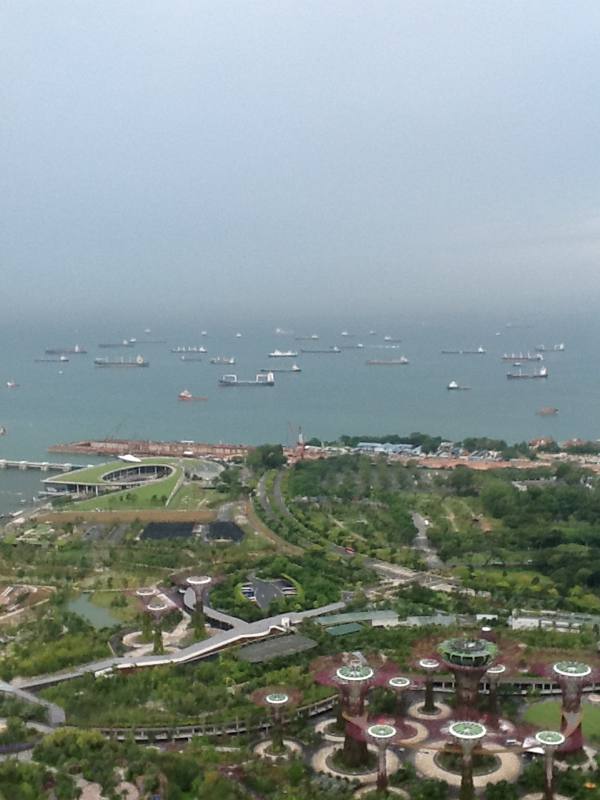
Ships waiting to come into port
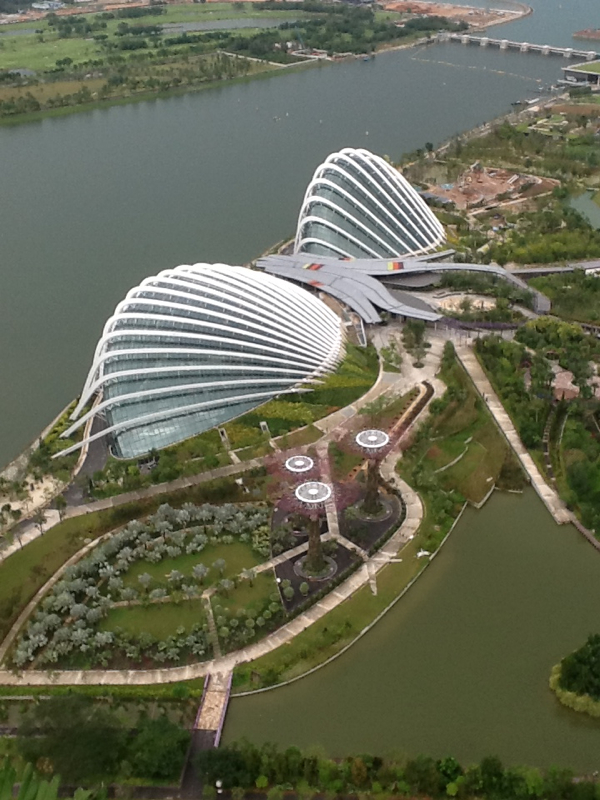
The new Gardens by the Bay in Singapore
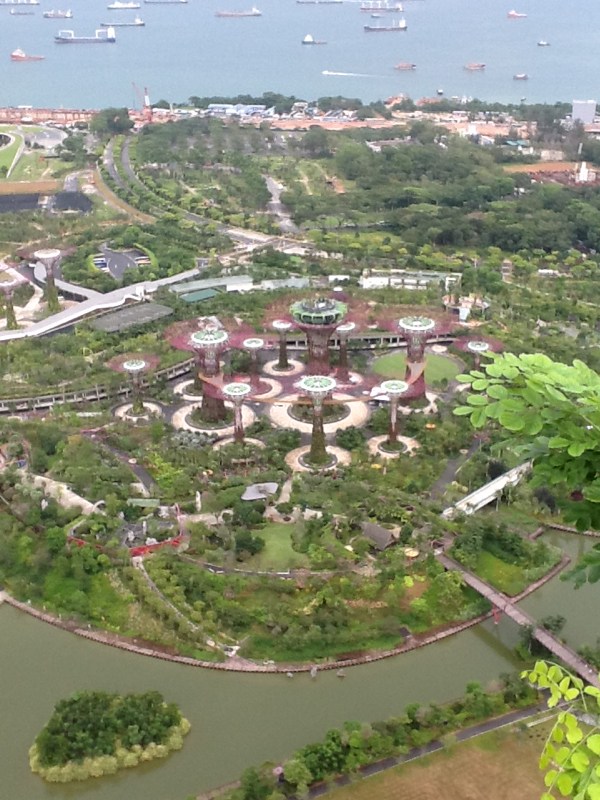
More of the Gardens
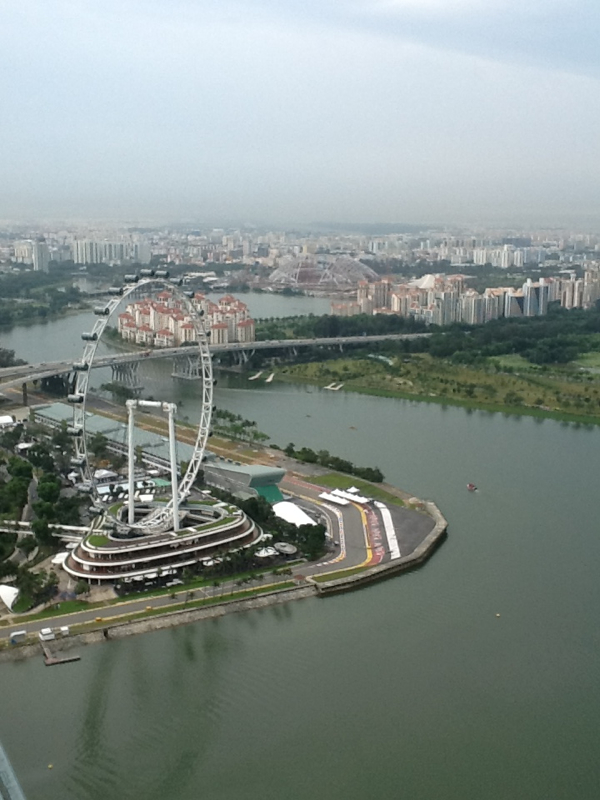
The Singapore Flyer
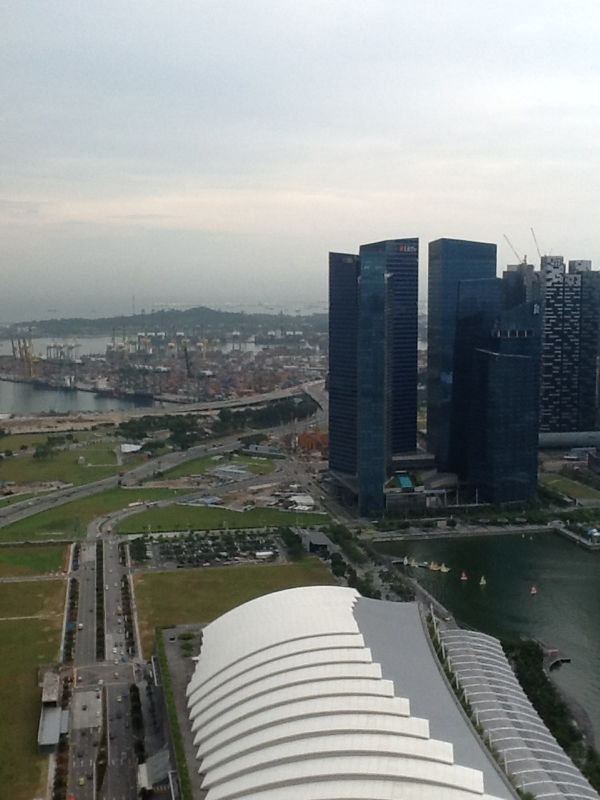
The port

Inside the Sands casino (from the roof of which I took many of these photos)

Inside the Flower Dome

The Cloud Conservatory 35 meter indoor waterfall
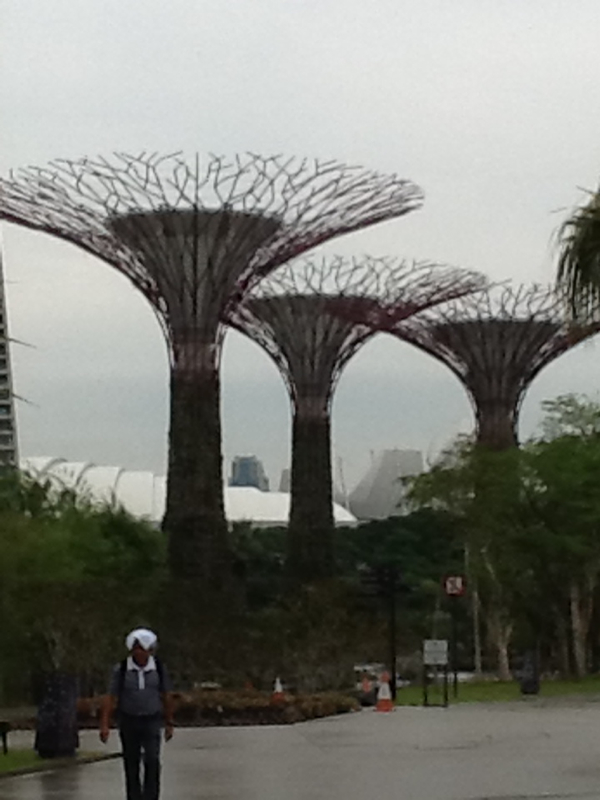
Supertrees, metal construction with plants growing up and down them
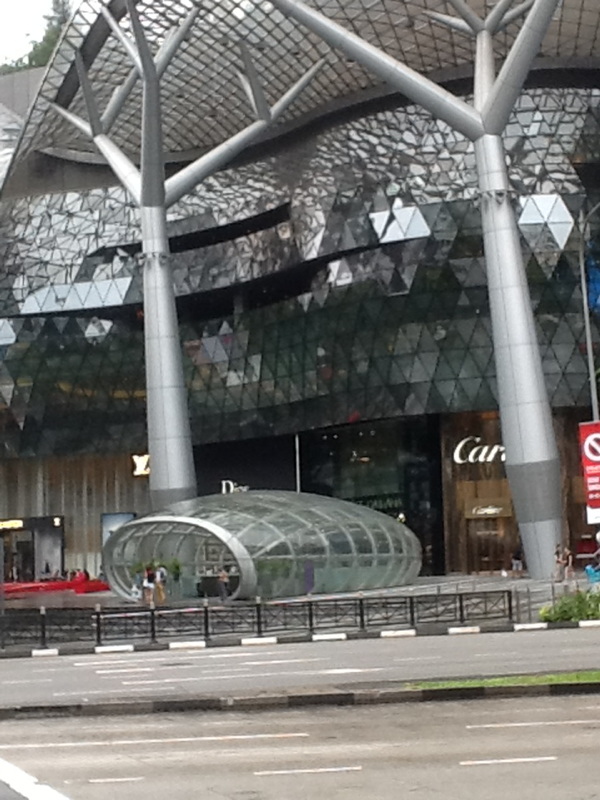
Louis Vuitton, Cartier, Yves St Laurent, Harry Winston, Christian Dior, just your average mall ...
"Who needs freedom when we have a good life?"
The above quote was relayed to me by an American who has lived in Singapore for decades. He heard something on the news he didn't like and made a comment about the government limiting certain freedoms and this was his Singaporean wife's reply: "Who needs freedom when we have a good life?" This sentiment captures another part of the secret of Singapore's success - tight government control.
In Singapore there is virtually no drug problem. Why? If you're caught with drugs you're put to death. The streets are incredibly clean. Why? Litter or chew gum and you could receive a very large fine or even a Corrective Work Order (i.e. a requirement to perform hard labor). There is little crime. Why? Rob someone and you may be caned (the same potential punishment for foreigners who overstay their visa). Traffic? Not really a problem because the government limits the number of cars on the road. And those cars are sparkling clean. Why? Because the government requires it. All the expats I have met in Singapore talk about these restrictions as somewhat oppressive, but they also all say that one gets used to them over time. The locals don't seem to see it as anything other than logical government policy.
My meetings today consisted of a health and wellness startup company, the Monetary Authority of Singapore (MAS) and GlaxoSmithKline. The startup is being assisted by Spring (the government agency that assists small to medium sized businesses). The company is doing amazing things in the world of healthcare and wellness. Living in that world myself, and working for an industry leader in healthcare and wellness, I can attest that they are at the forefront of combining technology and wellness. They are a "startup" yet already have an enviable list of customers and have expanded into Malaysia and Hong Kong. That said, the lawyer in me couldn't get past the privacy issues around their use of data. It turns out that the government barely restricts the use of data by them, and in fact they have been lauded by the government and in the press for collecting one of the most impressive databases of personal health information that hopefully can be used to benefit Singapore in the future. They can even give data to employers so they can "talk" to employees who see the doctor "too much". While Orwellian and frightening to an American, the Singaporean seems to view the good of the country as more important than that of the individual.
Yesterday one Singaporean was telling me that his son is a successful consultant in Atlanta but wants to move back home to Singapore. The challenge is that he and his wife would have to give up his 4000 square foot home for a 1200 foot one, and his large Infinity for a small Honda. Is he willing to do that? I then learned today that not only will his house be smaller, but he may not be even be able to determine where he lives. Singapore is said to be nearly 1/3 expats, but beyond that the native Singaporeans are ethnically, Chinese, Indian, Malay and even Middle Eastern. Yet, they don't have the racial tension we have even in Philadelphia. This is no coincidence. I'm told that the government works very hard to insure they maintain racial harmony, such as by requiring the various ethnic groups to live among one another by limiting the number of any one group that can live in an area. This is something we couldn't begin to fathom in the U.S., and yet it does create the desired results of racial harmony in Singapore.
While some of these actions seem like overreaching government interference to Americans, one must admit that they do further encourage the economic climate that drives Foreign Direct Investment. When Switzerland was having its banks opened up under international pressure due to its historic secrecy laws that made it a tax haven, international bankers in places like Singapore were salivating. The influx of capital they anticipated that would enter their banks upon leaving Swiss banks was immense. When MAS realized this, they met with and sent a letter to all major banks in Singapore warning them that they were not to take this money, and if MAS saw large increases to a bank's capital, they would investigate. MAS realized that while the short term gains from this situation would have been immense, and even the longer term benefits of replacing Switzerland as the world's banking center was attractive, allowing this to occur would have been shortsighted because (a) it would negatively impact their value proposition of being a compliant and transparent place to do business, and (b) over time the countries of the world would simply shift their focus from criticizing Switzerland to criticizing Singapore - a risk this small island country couldn't take.
So I am learning a lot from Singapore, and there is a lot we in Philadelphia could do better, but there is a lot I've learned that clearly provides certain advantages to Singapore that we would never (and should never) consider. For example, it took me two hours to get a cab home from my last meeting tonight because there is a limit on the number of cars allowed on the road and it was rush hour on a Friday night. So there is a clear downside to this government control. More importantly, this control affects one's personal freedoms. As the U.S. Supreme Court considers the issue of gay marriage this month, the Singaporean Supreme Court upheld the criminalization of even being gay this week. So who needs freedom when we have a good life? We Americans do.
|
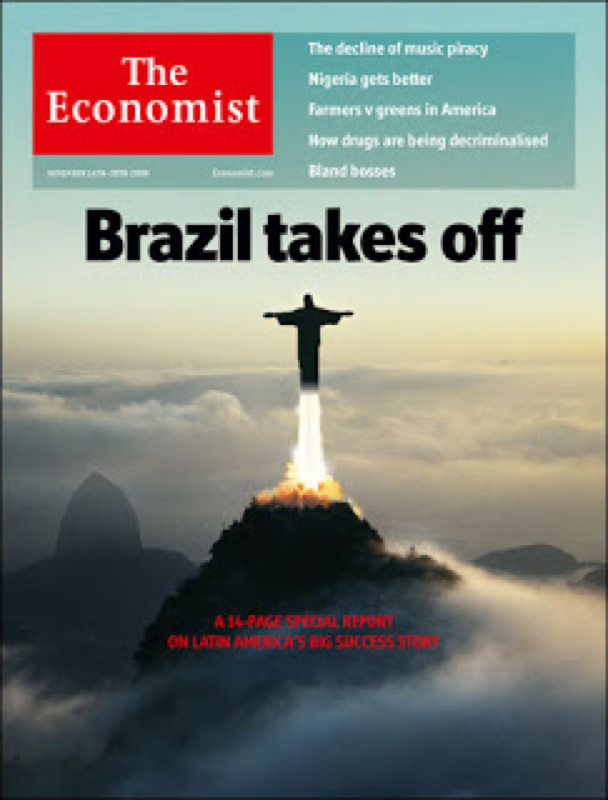





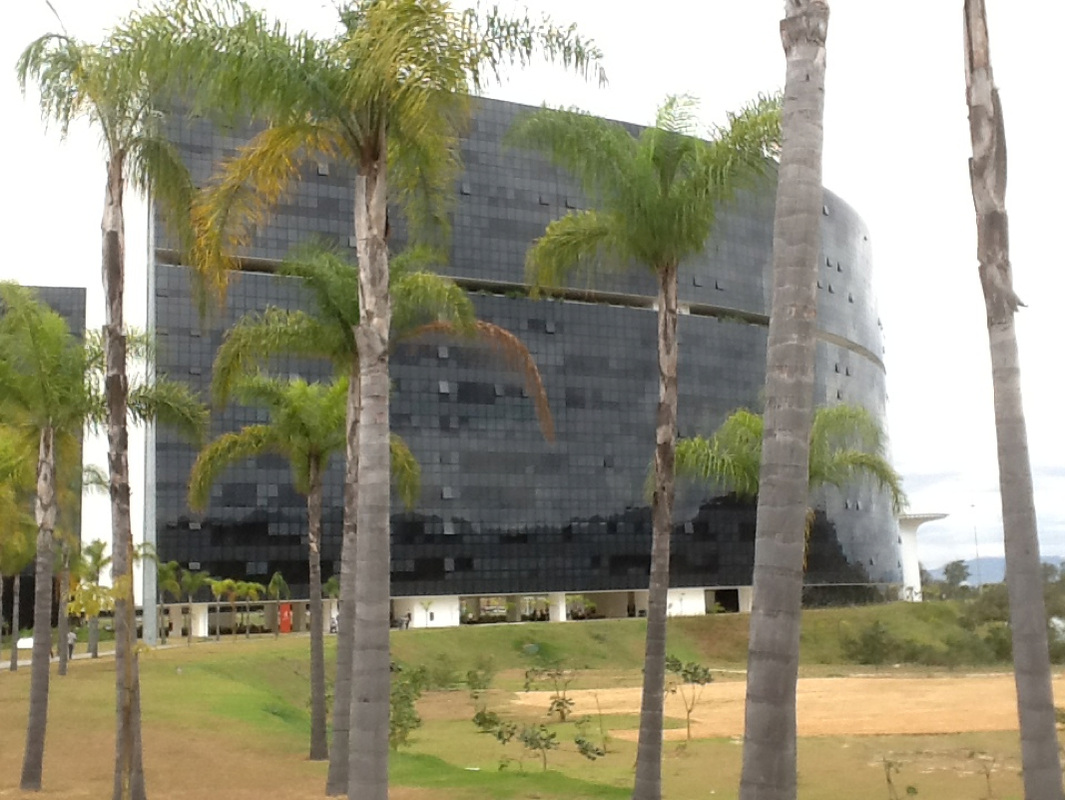












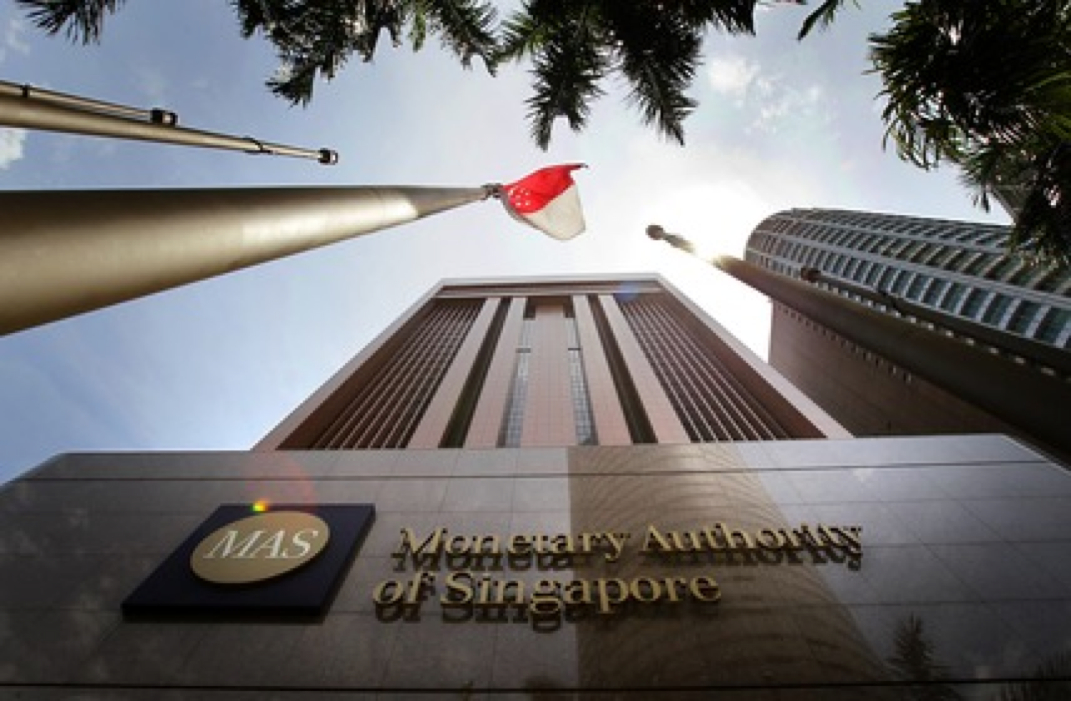
 RSS Feed
RSS Feed